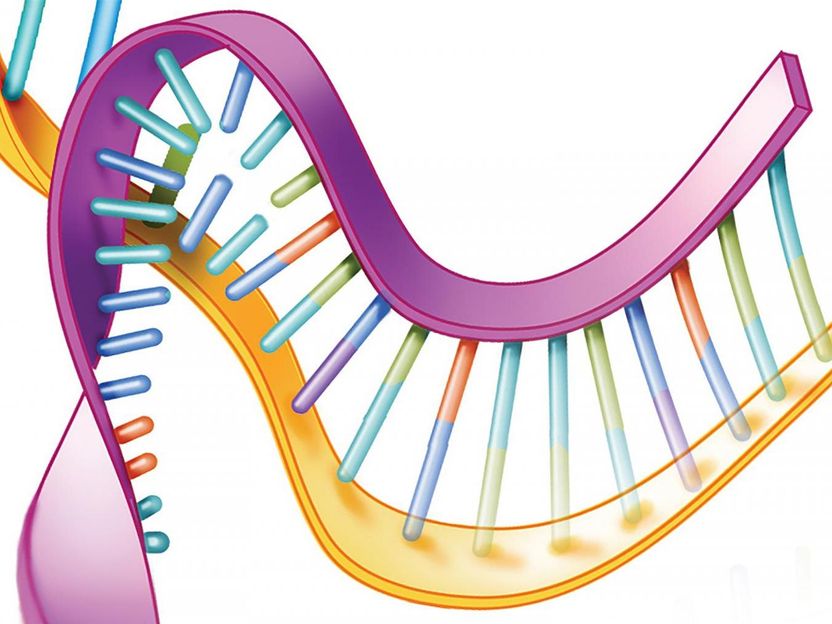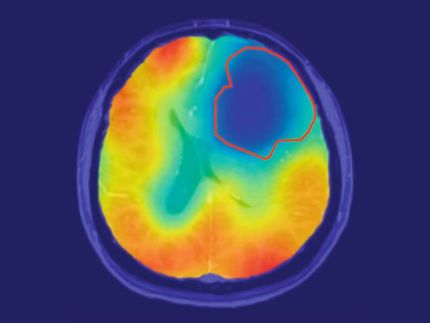What the brains of people with excellent general knowledge look like
What is the capital city of Tajikistan? When did Einstein create his famous theory of relativity? And when did Goethe die? Some people seem to have an answer to every general knowledge question. Why?
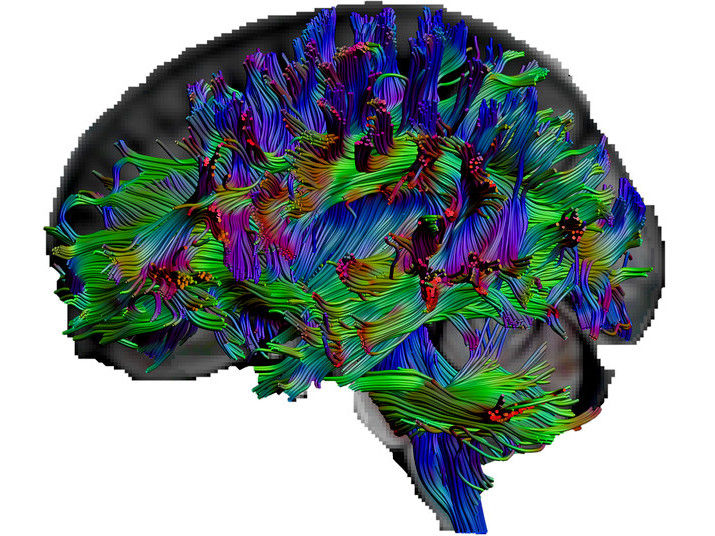
With diffusion tensor imaging, the researchers can visualise the pathways of nerve fibres.
© RUB, Erhan Genç
The brains of people with excellent general knowledge are particularly efficiently wired. This was shown by neuroscientists at Ruhr-Universität Bochum and Humboldt-Universität zu Berlin using magnetic resonance imaging. “Although we can precisely measure the general knowledge of people and this wealth of knowledge is very important for an individual’s journey through life, we currently know little about the links between general knowledge and the characteristics of the brain,” says Dr. Erhan Genç from the Department of Biopsychology in Bochum.
Brain images and knowledge test
The researchers examined the brains of 324 men and women with a special form of magnetic resonance imaging called diffusion tensor imaging. This makes it possible to reconstruct the pathways of nerve fibres and thus gain an insight into the structural network properties of the brain. By means of mathematical algorithms, the researchers assigned an individual value to the brain of each participant, which reflected the efficiency of his or her structural fibre network.
The participants also completed a general knowledge test called the Bochum Knowledge Test, which was developed in Bochum by Dr. Rüdiger Hossiep. It is comprised of over 300 questions from various fields of knowledge such as art and architecture or biology and chemistry. The team led by Erhan Genç finally investigated whether the efficiency of structural networking is associated with the amount of general knowledge stored.
The result: People with a very efficient fibre network had more general knowledge than those with less efficient structural networking.
Linking pieces of information
“We assume that individual units of knowledge are dispersed throughout the entire brain in the form of pieces of information,” explains Erhan Genç. “Efficient networking of the brain is essential in order to put together the information stored in various areas of the brain and successfully recall knowledge content.”
An example: To answer the question of which constants occur in Einstein’s theory of relativity, you have to connect the meaning of the term “constant” with knowledge of the theory of relativity. “We assume that more efficient networking of the brain contributes to better integration of pieces of information and thus leads to better results in a general knowledge test,” says the Bochum-based researcher.
Original publication
Other news from the department science

Get the life science industry in your inbox
By submitting this form you agree that LUMITOS AG will send you the newsletter(s) selected above by email. Your data will not be passed on to third parties. Your data will be stored and processed in accordance with our data protection regulations. LUMITOS may contact you by email for the purpose of advertising or market and opinion surveys. You can revoke your consent at any time without giving reasons to LUMITOS AG, Ernst-Augustin-Str. 2, 12489 Berlin, Germany or by e-mail at revoke@lumitos.com with effect for the future. In addition, each email contains a link to unsubscribe from the corresponding newsletter.
Most read news
More news from our other portals
Last viewed contents
Almost as sensitive as a dog's nose - New sensor for SERS Raman spectroscopy
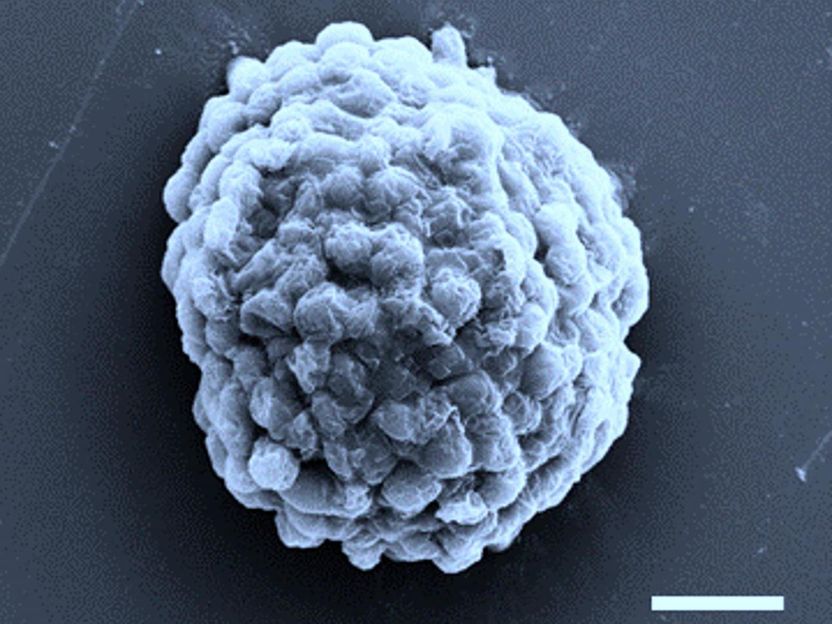
Hydrogen-producing living droplets paving way for alternative future energy source - A step towards photobiological green energy development under natural aerobic conditions
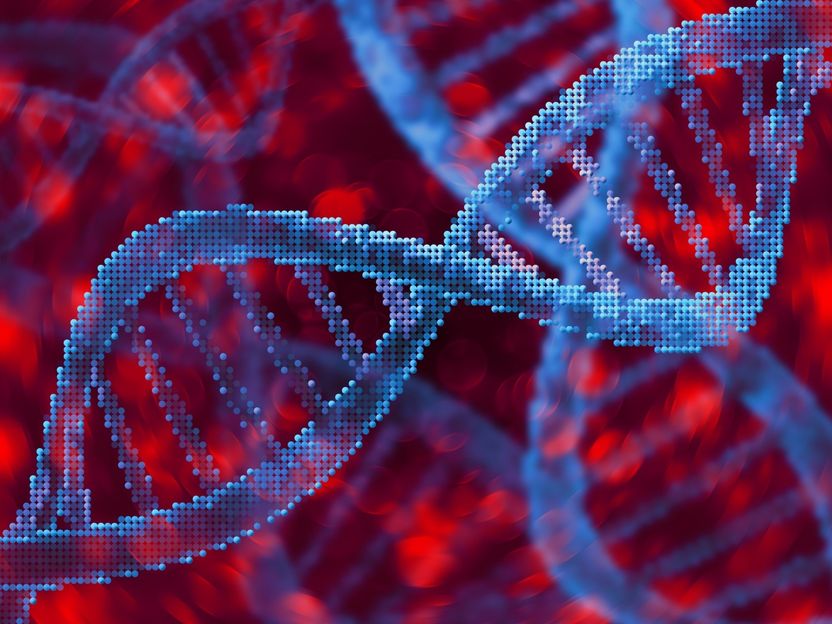
Cellino aims to significantly expand patient access to cell therapies with autonomous end-to-end manufacturing - Leaps by Bayer leads $80M Series A Financing for Cellino Biotech to Autonomize Stem Cell Therapy Manufacturing
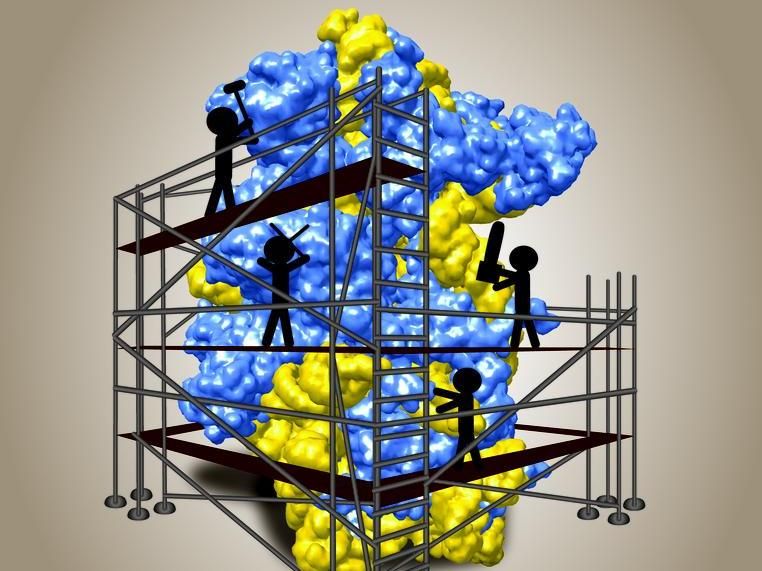
A Peek into the “Birthing Room” of Ribosomes - Scaffolding and specialised workers help with the delivery – Biochemists gain insights into biogenesis

Frankincense reprograms inflammatory enzyme - Change of direction in immune defence
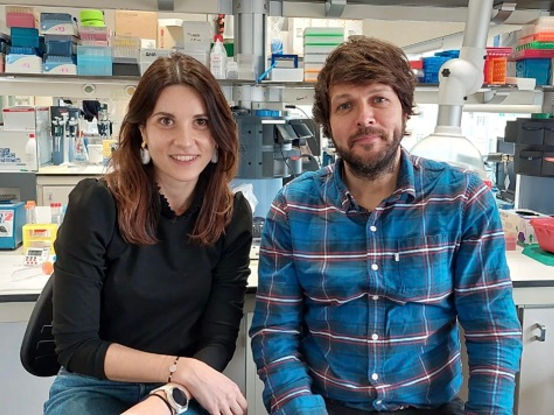
Researchers identify neuronal mechanisms that control food cravings during pregnancy - Dopamine and compulsive eating behaviour
Diversion_Investigator
High-Tech Gründerfonds invests in medical engineering of the future
A fingerprint for genes - Max Planck scientists develop new strategy to play major role in research on human diseases
DoveBid to Conduct Series of Webcast and Online Auctions for Pfizer Inc.
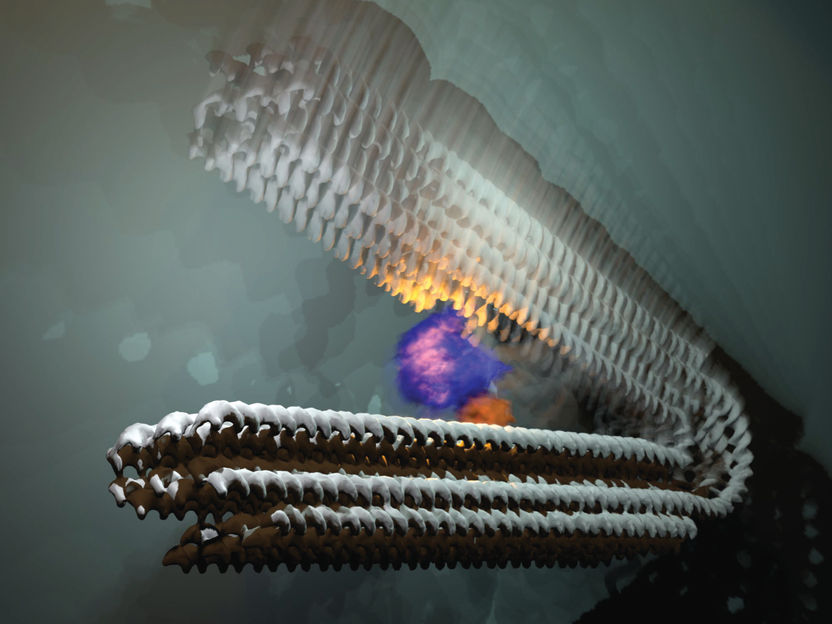
Researchers design a pulsing nanomotor - Machine measures just one ten-thousandth of a millimeter: An alphabet soup serves as fuel
